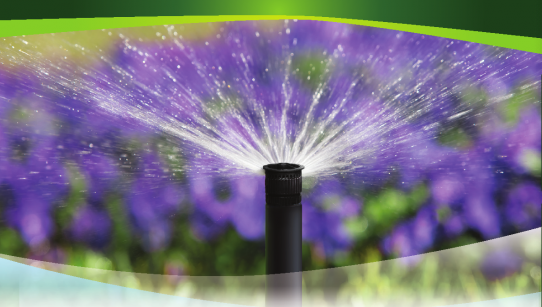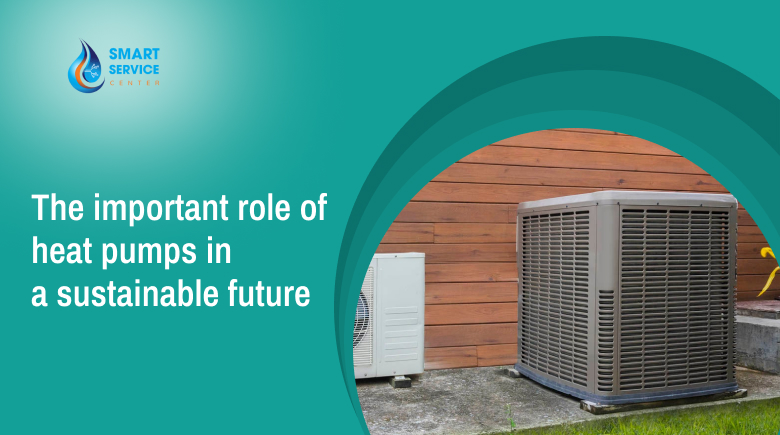Role of Heat Pumps for a Sustainable Future
The Important Role of Heat Pumps in a Sustainable Future
Today many ways of heating buildings and swimming pools
around the world still rely on fossil fuels, especially natural gas. It has
long been clear that this leads to vast amounts of greenhouse gas emissions,
and the current global energy crisis is an urgent reminder of the need to
switch to more affordable, reliable, and cleaner forms of heating. Heat pumps
that can efficiently provide heating are a key technology in making heating
safer and more sustainable. They are rapidly becoming more cost competitive,
attracting the interest of a growing number of governments, businesses, and
consumers around the world. However, until now, there has been no comprehensive
global study of the state of heat pumps and their future role in our energy
systems.
Heat pumps reduce greenhouse gas emissions and improve
air quality.
Accelerated deployment of heat pumps in line with national
climate targets could already reduce global CO2 emissions by half a gigaton by
2030. However, unexpected leaks of refrigerants (powerful greenhouse gases) can
reduce their impact. However, With today's refrigerants, heat pumps still
reduce greenhouse gas emissions by at least 20% compared to a gas boiler, even
when powered by highly emitting electricity. The reduction can reach 80% in
countries with clean electricity. global emissions of air pollutants from
fuel-fired heating in buildings are also reduced, and other hazards associated
with fuel-fired heating are reduced.
The centre for sustainable energy focuses on air-source
heat pump
Air source heat pumps are a type of renewable energy
technology that takes heat from the outside air (even when it's freezing) and
uses it to heat homes and pools. You can get other heat pumps that do the same
thing using ground and water heat, but air-source heat pumps are ideal for a
wider range of properties. Because the sun heats the air, the energy produced
by heat pumps is still renewable, even if the pump itself is not powered by
renewable sources.
There are two types of air-source heat pumps. Air-to-water
systems are more common and heat the water that circulates through the house
through radiators or an underfloor heating system. They can also be used to
heat water in a storage tank in the bathroom or kitchen. Air-to-air systems
typically use fans to circulate warm air around the house and cannot be used to
heat water.
Providing sustainable solutions to meet the demands of
society
To meet the demand for more sustainable space and water
heating, heat pumps are rapidly available solutions to help to reduce
greenhouse gas emissions. Heat pumps are more efficient than electric
resistance heating, switching from fossil fuel heat-generating units such as
furnaces and boilers to an efficient electric heat pump can be a step towards a
carbon-free system. The most effective measure is for countries to build 100%
renewable electricity generation networks to power heat pumps and other
residential electrical equipment. Switching from fossil heat to electric heat
pumps reduces indirect carbon dioxide emissions if the electricity generated
comes from a clean source, such as wind, solar, hydropower, or nuclear power.
Iot in Heat pumps for sustainability
Looking ahead in the next few years, energy efficiency will
become a more and more integrated function. As a future development, heat pumps
will be used as an active part of a "demand/response" scenario based
on daily or hourly variations in electricity availability and price. This
situation related to smart grids is a direct consequence of the increased use
of renewable energy sources such as solar cells or wind power, which will take
advantage of the upcoming connectivity of electrical devices. The way these
functions are developed must overcome the limitations of existing control
technology or in other words the concept of a stand-alone HVAC unit by
introducing the well-known concept of IoT.
The Internet of Things (IoT) is the interconnection of
"connected devices such as electronics, software, sensors, actuators, and
other network-embedded objects, physical devices, and vehicles. These items'
connectivity enables data collection and exchange. When referring to data in
heat pumps, typical values collected by monitoring systems are thermodynamic
variables such as water inlet/outlet temperature, fans/pump speed, compressor
status/capacity, expansion valve position, outdoor temperature, suction/outlet
superheat, and subcooling. It is easy to understand that such complex
information needs to be correlated before it can be added value to utilize the
collected information.
With increasing
digitization in the coming years, heat pumps will also be designed for
intelligent demand control. As a result, they offer real-time energy
efficiency, flexible use of electricity, an optimized load profile, and an
optimized compromise between comfort and operating costs. Heat pumps are
networked devices that participate in the Internet of Things (IoT). The
advantage of IoT-enabled heat pumps is that the collected data can be analyzed
and put to good use. Heat pumps with IoT technology further decarbonize the
heat supply as they offer the best way to convert sensibly available
(renewable) energy into domestic comfort and industrial services.







.png)




No comments yet